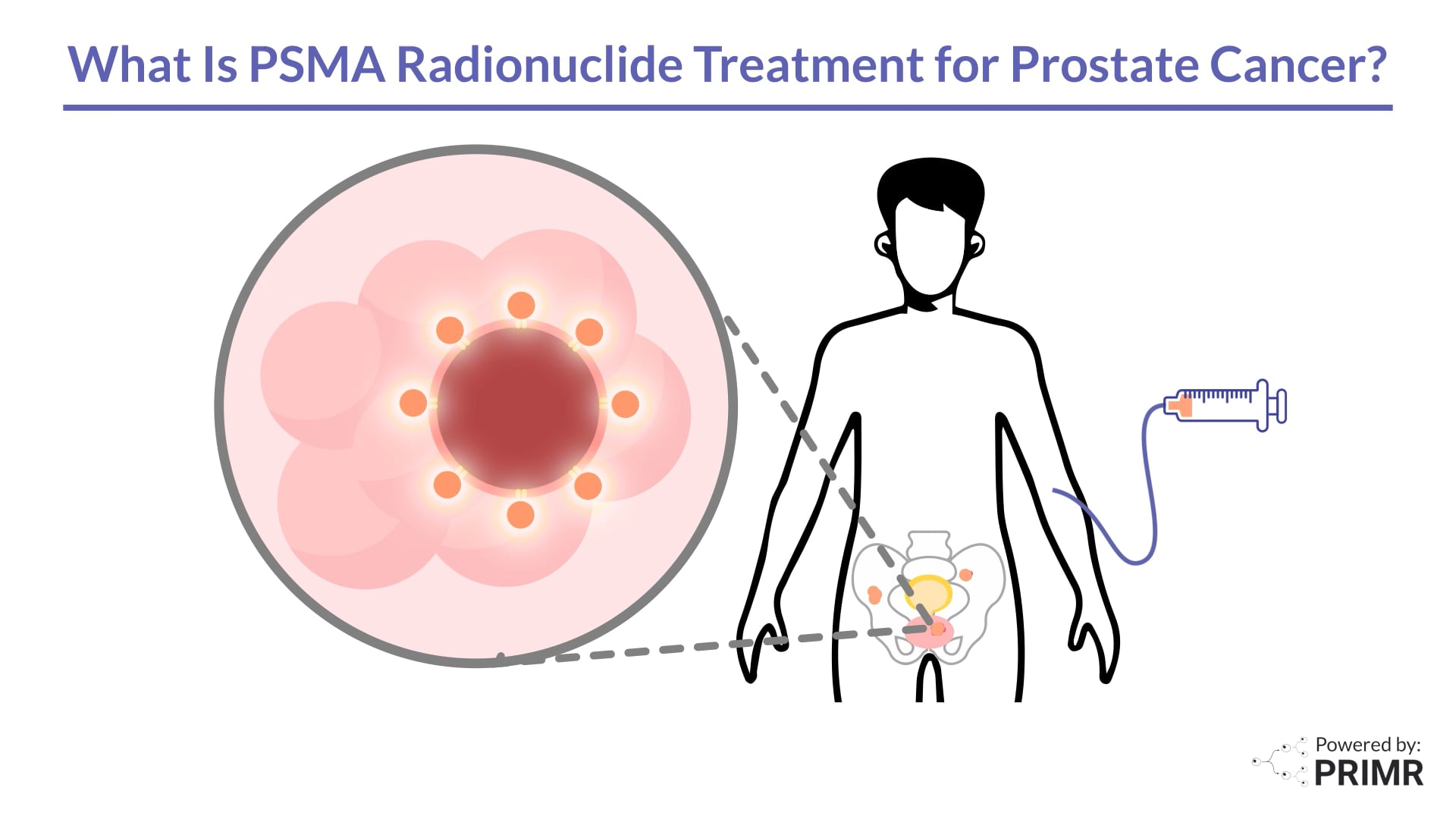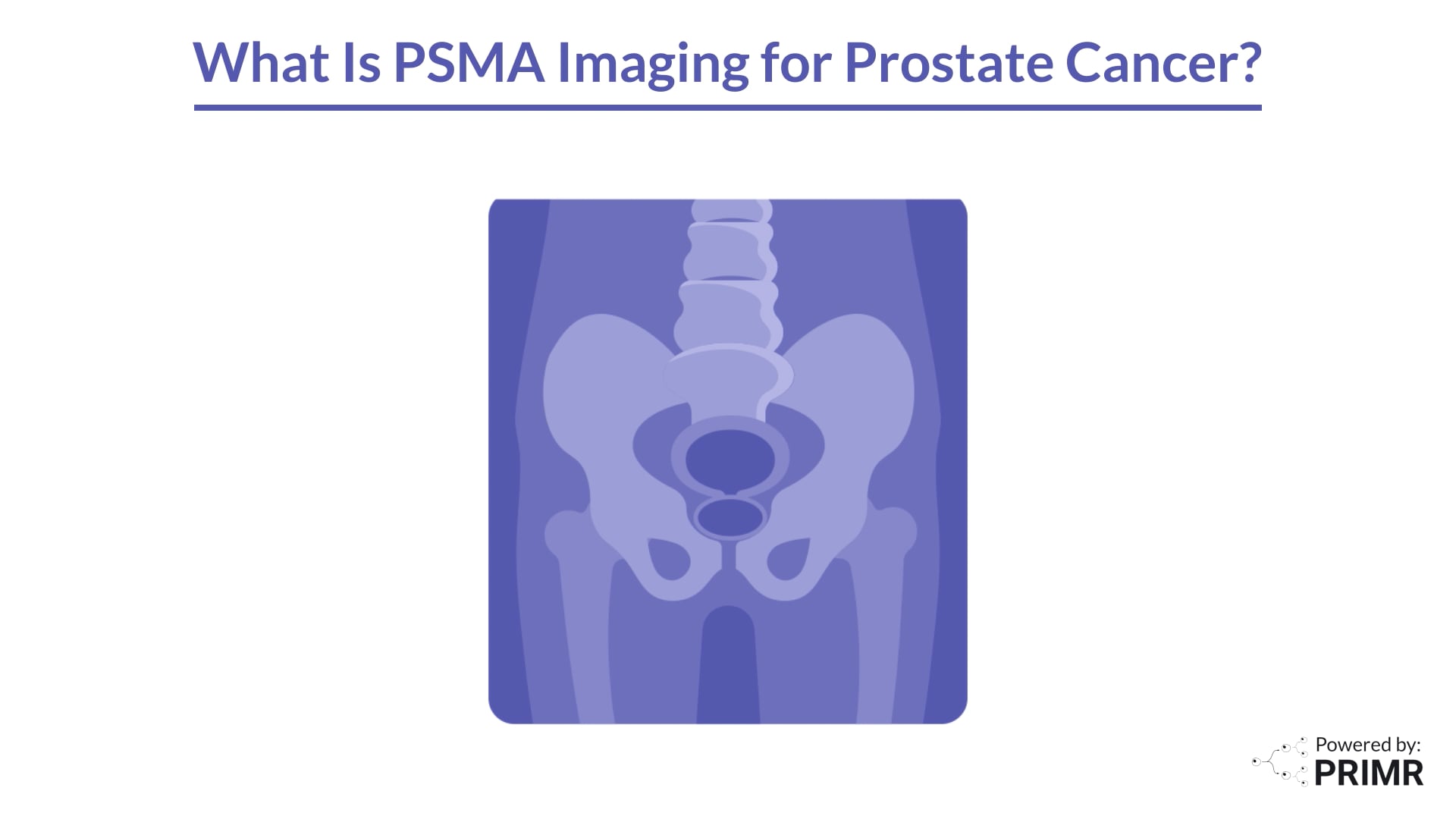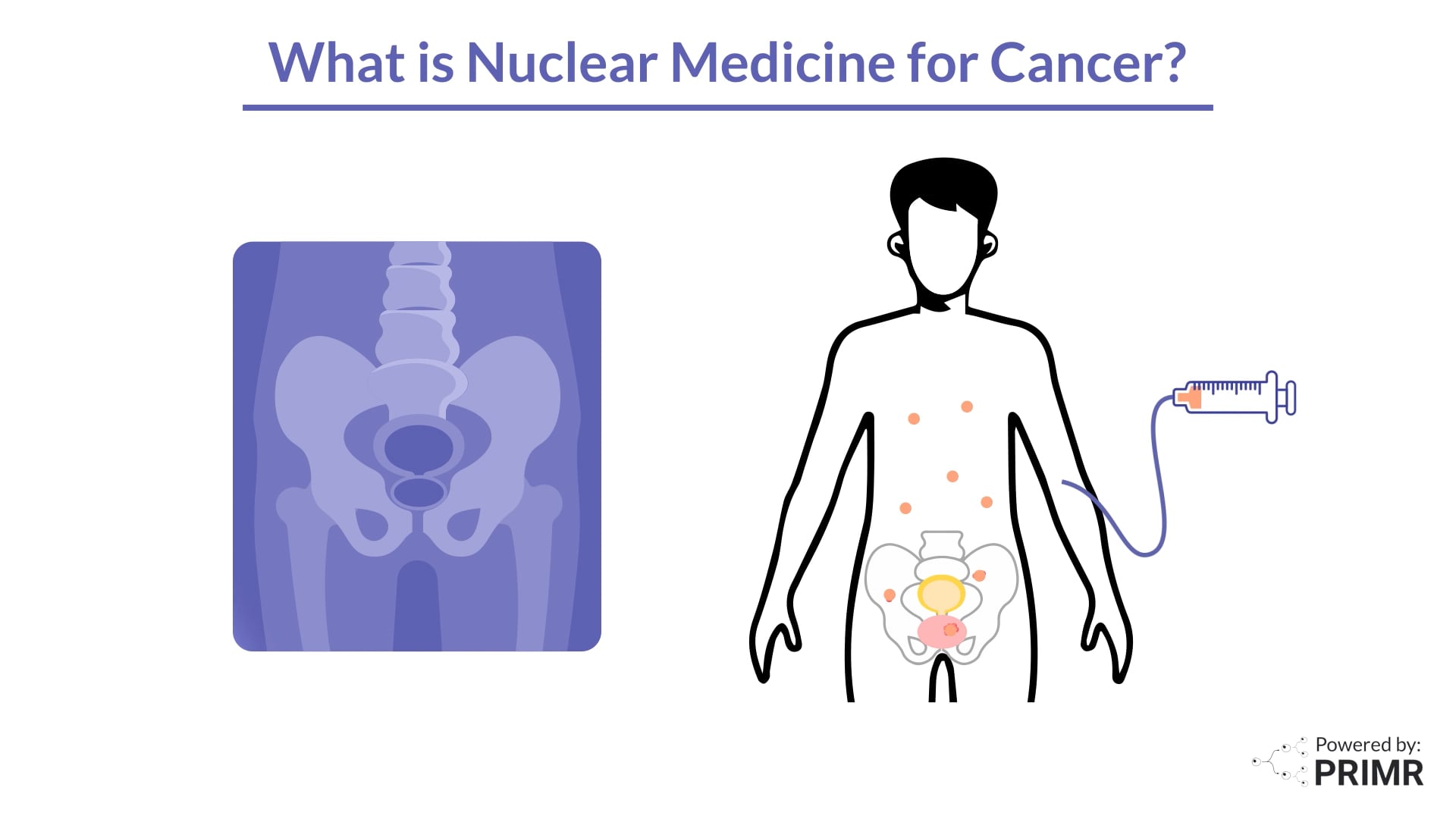Radiation After Prostatectomy
After prostatectomy, the PSA should return to zero or very low levels, but if it rises, that could mean the cancer has returned.
In this video, we discuss how radiation can target the cancer cells in the prostate bed, resulting in a cure even after recurrence.
Read the full video transcript below:
After prostatectomy, the PSA should return to zero or very low levels. If the PSA rises, that may be a sign that the prostate cancer has returned.
If you're concerned about a PSA rise after prostate cancer surgery, discuss with your doctor.
Here's a picture of your pelvis after a prostatectomy.
The prostate has been removed, and the bladder has been pulled down lower in the pelvis. If prostate cancer returns after surgery, it tends to grow back in the prostate bed where it used to live before it was removed. Radiation can be targeted at these cancer cells, resulting in a cure even after recurrence.
Cure after recurrence is very uncommon among other cancer types, but in prostate cancer, it's possible with radiation, like taking a second bite at the apple.
The side effects of radiation therapy in this setting are determined by which organs are in the region. The rectum is just behind the region of radiation, and the bladder sits, in some cases, right inside the radiation field. Therefore, the most common side effects of radiation after prostatectomy are bowel irritation and urinary irritation.
The good news is, patients can partner with their doctors to optimize their bowel and bladder function and minimize side effects from radiation, as well as long-term complications.
The scenario with the highest risk of complications is one in which the rectum is totally full and pushing inside the radiation field, and the bladder is totally empty and has collapsed into the radiation field like a deflated balloon. When possible, patients should try to avoid this at the time of radiation treatments every day.
The alternative and the best-case scenario would be one in which the rectum is completely empty and has pulled away from the radiation field, and the bladder is completely full and has inflated itself with urine up and out of the field like an inflated balloon.
It's not always easy, but these simple habits may decrease the chance of short-term and long-term side effects from radiation after prostatectomy.
This is not medical advice. Talk to your doctor about medical decisions.

.jpg)
.jpg)
%20Thumbnail.png)







.jpg)
.png)


.jpeg)








.webp)

